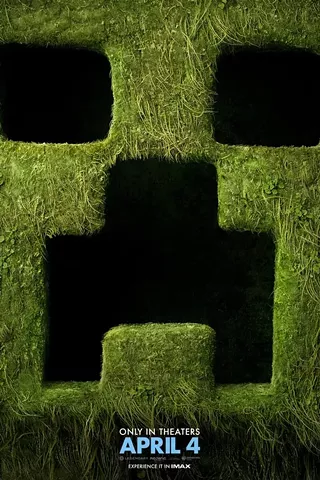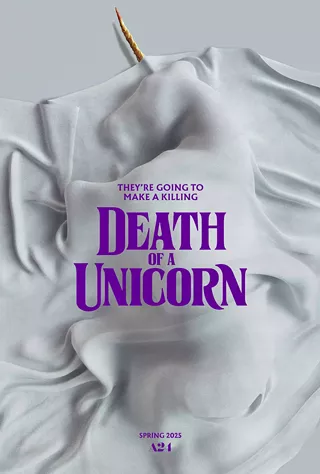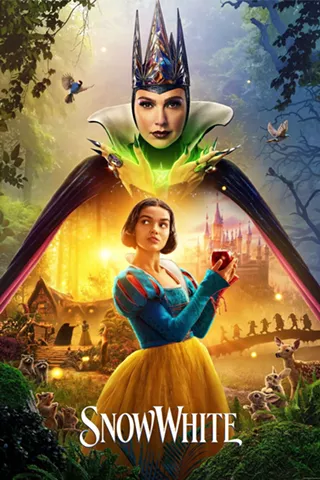Since then, he's sent Ridicule, Girl on the Bridge and Widow of St. Pierre over to these bright and shining shores of freedom, mostly to good effect. Both Ridicule and Girl on the Bridge have actual laughs in them, which is remarkable when you consider that everyone involved in writing, producing and starring in them was French. Most recently, Widow of St. Pierre saw Leconte rising above the formula in a historical drama that featured neither heaving bosoms nor bodices that have been or are in the process of being ripped. Rather, it featured an extremely sharp script and one of the finest performances by one of France's finest actors, Daniel Auteuil.
In his latest, Man on the Train, Leconte teams the unlikely pair of Jean Rochefort, perhaps France's leading comic actor, and Johnny Hallyday, who's France's answer to Elvis, if Elvis were a really crappy rock performer but a subtle actor who conveyed emotional depth through understated gestures in sophisticated art films. So I guess he's basically Bizarro Elvis, but whatever.
Anyway, the film starts with Hallyday, playing the titular man, riding the titular train. It's nice to get all the title info out of the way in the first scene, so you're not sitting there in the audience wondering, "When will this so-called 'Man' appear to ride on this aforementioned 'Train'?"
Shortly thereafter, Hallyday exits said train in a very small town in rural France and finds that the hotel is not open for guests, which is too bad, because he's the kind of title character who likes to be left alone to wile away the hours in a quaint bed and breakfast while planning to rob a bank.
Luckily, he encounters Monsieur Manesquier (Jean Rochefort), an elderly literature teacher who likes to talk to people at great length about nothing in particular. Mostly, Manesquier talks about how he wishes he'd had a more interesting life, and thus he finds the gun-toting, leather-wearing, extremely butch Hallyday most compelling, even though Hallyday speaks about as little as Manesquier speaks much.
This being a movie, and these two being an unlikely pair, they soon become friends, though this being a French movie, they do not become buddies, nor is one of them a wisecracking cop and the other a cute kid with a dog. Still, their friendship blossoms, and each begins to think of the other's life as in some way an ideal and missed opportunity.
All this is spelled out slowly and without any sudden, revelatory changes in the characters. Other than the fact that a bank robber is rooming with a school teacher, the entire film is almost painfully believable. This keeps the drama to a minimum throughout the first hour of this film, which might seem a bit tedious to American tastes.
However, in The Days Before Bruckheimer, movies tended to save the big dramatic stuff for the end, and Man on the Train follows that formula. It doesn't, however, follow the formula of tying up all the loose ends and bringing about justice in the final moments. Instead, the ending is ambiguous and very beautiful.
The beauty is largely thanks to the quiet, autumn-colored cinematography of Jean-Marie Dreujou, who gives this story of two elderly men a late-life mood with his use of diffuse, gray light and slowly moving camera. It's rare to see a film shot in such a way that the cinematography actually functions symbolically and in relation to the theme, and, at the same, is real, real purdy.
Still, with all its purdiness and fine acting (Hallyday is surprisingly good), Man on the Train never achieves greatness. Rather, as with Leconte's previous efforts, it's a darn good film, one that you'll think about when you leave the theater, and one that compels you even while little is happening on screen, but one that seems like it could have been better. Perhaps his movies are just a little too quiet for my coarse and barbarous American tastes, but they're still more than worth seeing.










